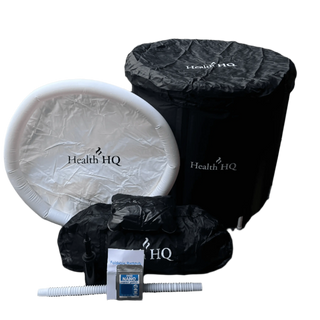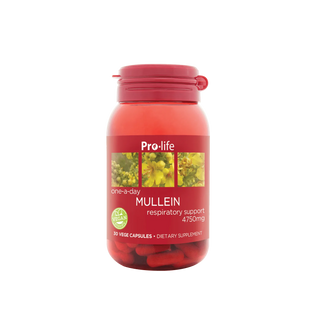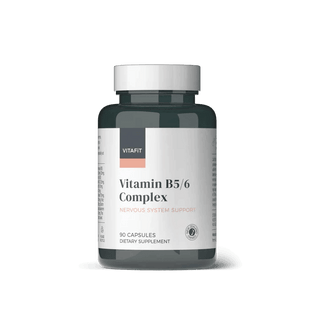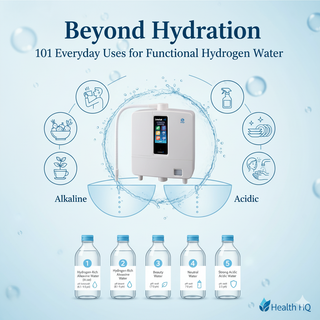The Complete Guide to Multivitamins: Benefits, Usage, and Choosing the Right Formula
At HealthHQ, we believe in empowering you with evidence-based strategies to optimize wellness. Multivitamins are one of the simplest, most convenient ways to fill nutritional gaps, support immune function, and maintain vibrant energy levels. In this comprehensive guide, discover the key benefits of multivitamins, expert tips for selecting a high-quality supplement, and how to integrate them into your daily routine.
What Are Multivitamins?
Multivitamins are dietary supplements that combine a variety of vitamins and minerals in one formulation. Designed to complement a balanced diet, multivitamins deliver essential micronutrients—such as vitamin D, vitamin B12, iron, and zinc—that many people fail to obtain in sufficient amounts from food alone.
Top 7 Health Benefits of Multivitamins
-
Fill Nutritional Gaps
Modern diets can fall short on key micronutrients. A daily multivitamin helps ensure you meet recommended daily values for essential vitamins and minerals. -
Boost Immune Function
Vitamins C, D, and zinc support immune cell production and can reduce the severity and duration of common illnesses. -
Enhance Energy Metabolism
B-complex vitamins (B6, B12, niacin) play critical roles in converting food into energy, combating fatigue and improving focus. -
Support Bone Health
Vitamin D and calcium work together to maintain bone density and reduce the risk of osteoporosis as you age. -
Promote Heart Health
Folate, vitamin B6, and B12 help regulate homocysteine levels—a marker linked to cardiovascular disease risk. -
Maintain Healthy Skin, Hair & Nails
Biotin, vitamin E, and antioxidants aid collagen production and protect cells from oxidative stress. -
Aid in Pregnancy & Growth
Prenatal multivitamins with folic acid and iron support fetal development and prevent neural tube defects.
How to Choose the Right Multivitamin
- Assess Your Needs: Consider age, gender, life stage (pregnancy, menopause), and health goals.
- Check the Label: Look for 100% of Daily Value (DV) for core nutrients without excessive dosages.
- Avoid Fillers & Additives: Opt for non-GMO, gluten-free, and minimal binders or artificial colors.
- Third-Party Testing: Choose brands certified by NSF, USP, or ConsumerLab for purity and potency.
- Formulation Type: Capsules, tablets, gummies, or powders—pick what’s easiest for you to take consistently.
Timing & Dosage: Maximizing Absorption
- Take with Food: Fat-soluble vitamins (A, D, E, K) absorb best alongside dietary fats.
- Split Dosage if Needed: High-potency formulas may be easier on your stomach when divided into morning and evening doses.
- Stay Consistent: Make it part of your routine—e.g., with breakfast—to avoid missed doses.
Who Needs a Multivitamin?
While most healthy adults benefit from a basic multivitamin, certain groups have increased needs:
- Seniors (50+): May need extra vitamin D and B12 due to reduced absorption.
- Pregnant & Breastfeeding Women: Require folic acid, iron, and iodine.
- Vegetarians & Vegans: At risk for B12, iron, zinc, and omega-3 deficiencies.
- Athletes & Active Individuals: Higher demands for B-vitamins, magnesium, and antioxidants.
Safety & Precautions
- Don’t Exceed Tolerable Upper Limits: Very high doses can be toxic.
- Medication Interactions: Consult your healthcare provider if you take blood thinners, thyroid medication, or other prescriptions.
- Allergies & Sensitivities: Check for common allergens like soy, dairy, or shellfish-derived ingredients.
Integrating Multivitamins into Your Health Plan
Multivitamins are most effective when paired with a balanced diet, regular exercise, and stress management. Use them as an insurance policy to support—but not replace—whole foods rich in nutrients.
Ready to optimize your micronutrient intake? Explore HealthHQ’s curated selection of premium multivitamins.


















